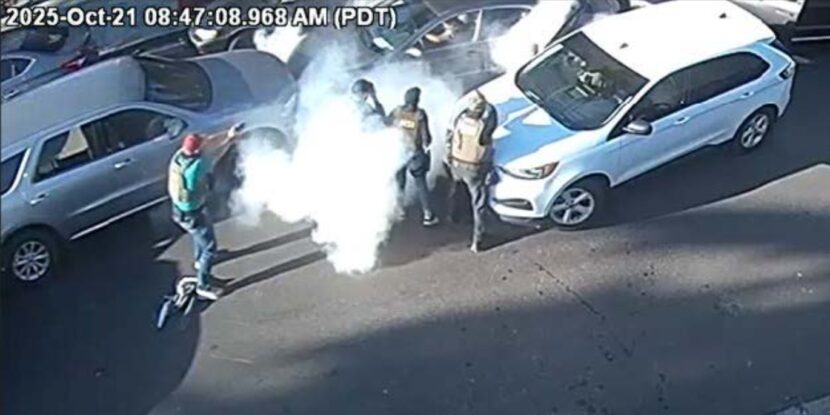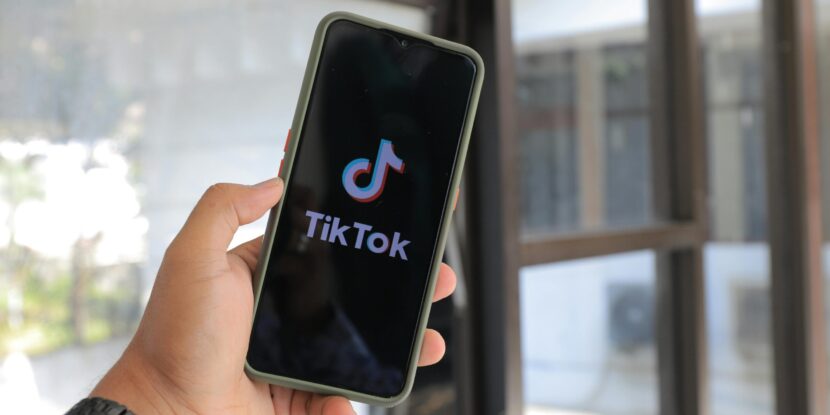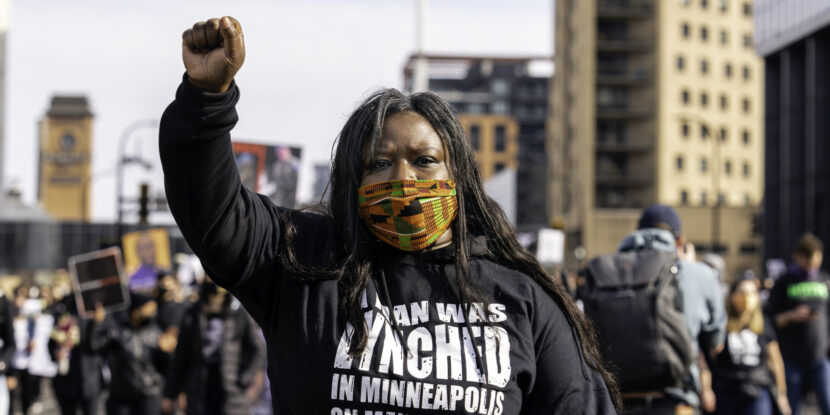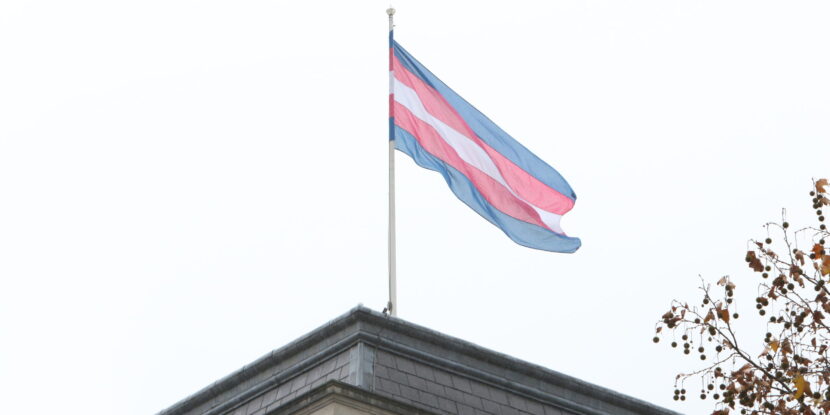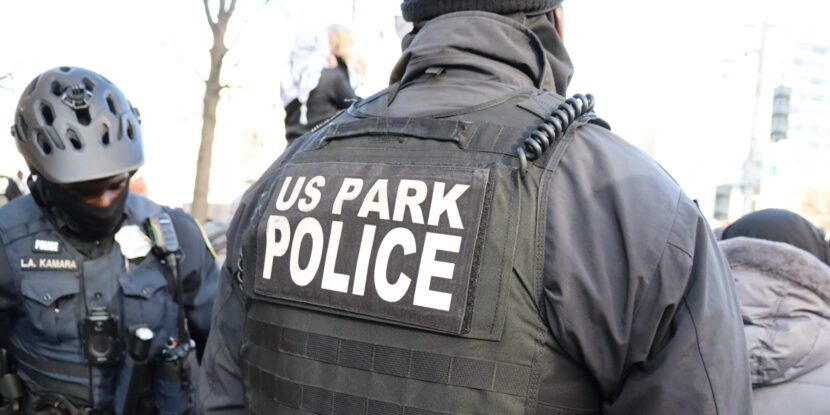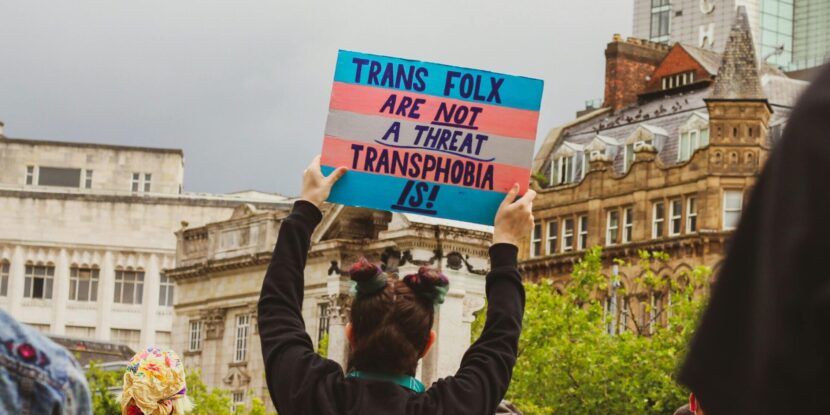❓WHAT HAPPENED: An illegal immigrant was shot after allegedly ramming his car into federal agents in Los Angeles, California.
👤WHO WAS INVOLVED: Carlitos Ricardo Parias, also known as Richard LA on TikTok, and federal agents.
📍WHEN & WHERE: October 21, in Los Angeles, California.
💬KEY QUOTE: “Ultimately, an agent opened fire, wounding Parias and a deputy U.S. marshal, who was hit with a ricochet bullet.” – Acting U.S. Attorney Bill Essay
🎯IMPACT: Parias faces charges carrying up to eight years in prison if convicted.
Carlitos Ricardo Parias, a Mexican national living in the U.S. illegally and known on TikTok as “Richard LA,” was shot and arrested in Los Angeles, California, following a confrontation with federal agents. The incident occurred when law enforcement attempted to arrest Parias, who allegedly rammed his car into federal vehicles during the standoff. Agents opened fire, striking Parias in the elbow. A deputy U.S. marshal was also wounded by a ricocheting bullet.
“Ultimately, an agent opened fire, wounding Parias and a deputy US marshal, who was hit with a ricochet bullet,” Acting U.S. Attorney Bill Essay said of the incident.
Parias gained popularity on TikTok for his videos documenting U.S. Immigration and Customs Enforcement (ICE) operations. Despite his unlawful status and the serious allegations against him, Parias received support from Los Angeles City Councilman Curren Price, who described him as “a pillar of our community” and a “fearless citizen journalist.”
Parias is not the first illegal immigrant influencer to face legal trouble. Earlier this year, Venezuelan influencer Leonel Moreno was deported after using TikTok to encourage illegals to squat in unoccupied homes. His videos, which often showed him flashing cash and mocking U.S. laws, drew national attention.. Immigration authorities confirmed his deportation in March.
Another deportation involved Leidy Tatiana Mafla-Martinez, a Colombian national known for organizing anti-ICE protests and posting videos of enforcement actions. Mafla-Martinez was removed from the U.S. in October after what federal officials described as multiple violations of immigration law.
Join Pulse+ to comment below, and receive exclusive e-mail analyses.
